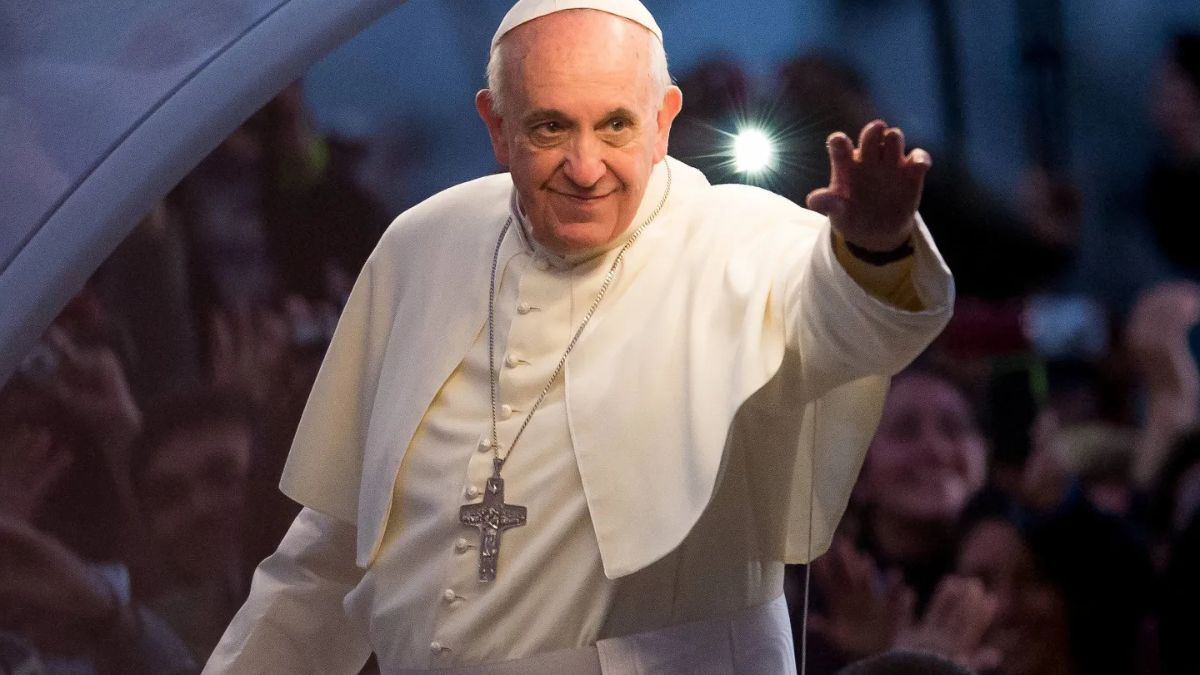


There have been a lot of disruptions in the past few days. Some of them are mild; some of them are devastating. There are those, thanks to the advance of technology and the nature of their work, who are able to continue their daily labors much as before. Okay, so they may be facing the morning commute with fuzzy bunny slippers and not mind-numbing traffic, but the job gets done.
For others there’s been less of a change to their workflow than that this flow has stopped entirely. Those working in shops and restaurants are simply sent home with no way to continue earning money. As someone who spent two decades in the service industry, I can attest that social distancing has been devastating. When only a fraction of your income is from your employer, and most of that is taxed away, no customers means no money.
Whatever the case, whether our problems are slight or significant, nearly all of us have had to get used to a new routine. Those of us who normally homeschool have been looking out on the rest of the world with equal parts schadenfreude and sympathy as moms and dads long-used to sending their kids out each morning now find that they must keep them educated and entertained while not losing their own minds in the process. Something tells me that teachers will be treated much better next fall.
For the most part, at least so far, people seem to be taking this in stride, making the best of it and looking at the humor of it all. Several celebrities have gone online to share their gifts and talents free of charge, and even everyday people have offered suggestions, reincarnating the same delightfully American can-do spirit that has carried us along in past crises.

There is something about this moment, with our schedules so violently interrupted, that disrupts our work-life balance in substantial yet inscrutable ways.
Granted, there are those whose primary thought in this time of global fear is to make a point about domestic politics. Thankfully, for every article offering regurgitated versions of the same policies put forward before the Coronavirus erupted, there are three chronicling the life of the world of telecommuters, conducting important business deals whilst still in their pajamas.
Perhaps my favorite of these shows a picture of Gandalf after his battle with the Balrog, comparing it with the oddly timeless nature of our present-day. “Darkness took me. And I strayed out of thought and time. Stars wheeled overhead and every day was as long as a life-age of the earth. But it was not the end.” There is something about this moment, with our schedules so violently upended, that disrupts our work-life balance in substantial yet inscrutable ways.
It may make us giggle to write up our children’s antics as though they were simply inconsiderate coworkers, but there is something profound about the fact that our worlds have collided. If we no longer need wear our work clothes when at work, if our office is actually a spare bedroom, if the morning drive is a walk down the hall, where does home end and work begin?
Now, for many of us, this is a recurring situation. Even before this disease compelled mass telecommuting, things like Zoom and Skype have meant that much of what used to require physical proximity could now be done nearly as well at a distance. But, by and large, even those who could work from home as a rule, would set aside a separate space, providing both a physical and mental distinction between their domestic and professional lives. For a great many others, divvying up work and life simply isn’t practical. Where, for instance, is the Sabbath rest for the stay-at-home-mom?

Just as fasting from food reminds us that we are finite beings whose every breath comes from above, so too fasting from work refocuses us on the telos of our lives.
There’s a lesson for us in this. In our present harried existence, it can be hard for us to take the time to rest. As Americans, we already struggle with the concept of laying our labors down. As I’ve noted before, despite our reputation for laziness, we Yanks have difficulty with restful vacations once a year, let alone a day each week set aside for doing precisely nothing. Now that, at least for a time, there’s no clear space between our work and our lives, this seems just impossible. How can we leave work behind if we’re never really leaving work?
One thing to keep in mind is that our new-normal isn’t all that abnormal. In the ancient world, you worked where you lived. Before the advent of trains, planes, and automobiles, you could only “commute” so far as you could reasonably walk. For nearly all of human history, people’s job-site would be a short walk from their homes, if not actually in their homes. Our temporary situation of working from home is, on a historical scale, far more common than we might think.
When God called His people to leave off working and get their rest, He was talking to people whose ordinary commute was as short as our ad hoc lifestyle. Just as it would’ve required some intentionality on their part to set aside their farming tools for their Sabbath rest, so too, in our present plight, do we need to take whatever measures are needed to leave work at work, even if we’re working at home.
This is, perhaps, our primary takeaway from this time. We must be intentional about our rest. There will always be this project or that task, tempting us to put in one more hour, to avoid taking off one more day. But, rest not an optional thing or another task on our to-do list. It’s important enough to God that He put it in the Commandments. It’s also, as Jesus said, something that was made for us, not us for it.
Just as fasting from food reminds us that we are finite beings whose every breath comes from above, so too fasting from work refocuses us on the telos of our lives. Taking the time away from our work demands that we withdraw from our self-deceptions of omnicompetence and reorient our lives upon the One who makes life possible. In the chaos of the coming days, let’s allow this disruption to remind us of what is always true. We are not our jobs; nor are we our own. Getting rest is for us but it’s about God.
Timothy D. Padgett, PhD, is the Managing Editor of BreakPoint and the author of Swords and Plowshares: American Evangelicals on War, 1937-1973 as well as editor of the forthcoming Dual Citizens: Politics and American Evangelicalism.














